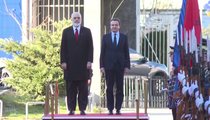Political parties in Germany - Their positions on key geopolitical and economic issues
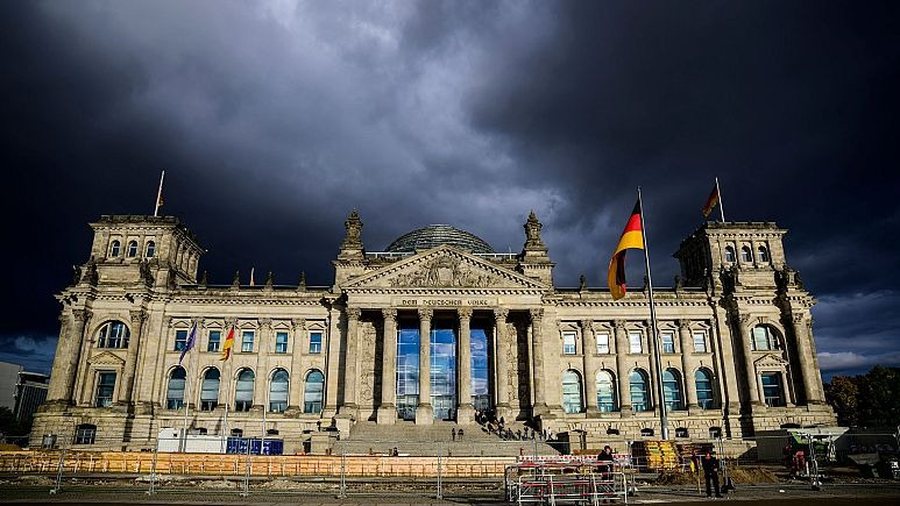
Germany will hold snap national elections on February 23, following the collapse of Chancellor Olaf Scholz's three-party coalition.
But who are the main parties competing and their positions on important policies in the country?
The parties
Germany has two main centrist parties: Scholz's left-wing Social Democrats (SPD) and the opposition conservatives, an alliance of the Christian Democrats (CDU) and their Bavarian sister party, the Christian Social Union (CSU).
Both have lost support in recent years, with smaller parties like the Greens and the far-right Alternative for Germany (AfD) gaining ground.
The conservatives have led nationwide polls for more than two years and are on 30%, according to the latest poll, followed by the AfD on 20%. Scholz's SPD, on 16%, has slipped to third place, followed by the Greens on 13%.
Analysts say the polls could change quickly as voters are less loyal to parties than they once were. In the 2021 election campaign, the Conservatives went from leading to second place in a matter of months.
What are the key issues?
- Ukraine
All of Germany's major parties favor helping Ukraine avoid a Russian invasion, while the AfD seeks to end arms shipments to Kiev and resume good relations with Moscow.
However, Scholz and the SPD have recently struck a more cautious tone, emphasizing the need for diplomacy, while the conservatives and Greens are calling for Germany to send long-range Taurus missiles to Kiev.
- Economic revival
Europe's largest economy contracted for the second year in a row in 2024, its worst performance in two decades. High energy prices play a major role in this situation and remain a major challenge for households and businesses in Germany.
The conservatives, Scholz's SPD and the Greens agree on expanding renewable energy to reduce costs, but differ on financing approaches. The Christian Democrats and AfD also propose evaluating a return to nuclear power, an idea rejected by the SPD and the Greens. The Alliance for Germany, meanwhile, is completely opposed to renewable energy subsidies.
Scholz has proposed boosting private investment and modernizing infrastructure with a 100 billion euro fund outside the budget. His party also plans a 10% direct tax refund for business equipment investments.
Robert Habeck of the Greens, like Scholz, has called for reform of Germany's constitutionally guaranteed debt curb to allow for higher public spending.
The conservative leader, Friedrich Merz, had also signaled a moderate reform of the debt curb, but his party has not agreed. The AfD is a staunch defender of the public borrowing limit.
The Christian Democrats have proposed broad financial relief for companies and citizens, including cuts to income and corporate taxes, as well as lower electricity tariffs. They have not said how this would be financed.
The Alliance for Germany, led by Alice Weidel, wants Germany to abandon the euro, reinstate the Deutsche Mark and potentially leave the EU.
- Immigration
A spate of violent attacks linked to foreign suspects in Germany have heightened public concerns about security and immigration, prompting political parties to call for stricter immigration measures.
Merz sponsored a bill with the support of the AfD, breaking a taboo against cooperating with the far-right party. However, he failed to secure a majority to implement the bill.
In general, conservatives have taken a tougher stance on immigration in recent years, calling for pushing asylum seekers back at borders and for restrictions on family reunification and the naturalization of refugees.
The AfD has called for borders to be closed and asylum seekers to be stripped of the right to family reunification. Some senior party members have gone further with their comments and have been present at discussions among far-right activists about deporting millions of people of foreign origin, including German citizens.
Scholz's own Social Democrats have hardened their position by implementing stricter border controls and speeding up deportations, although their leader also wants to bring in more skilled foreign workers.
In contrast, the Greens maintain a more open asylum policy, promoting state-supported rescue initiatives at sea and simplifying family reunification processes.

83 billion lek in card payments via POS - BoS: Last year marked a record number of terminals installed by businesses
Last year, businesses installed a record number of POS terminals. Currently, there are about 24 thousand POS terminals in Albania, with about 5 thousand more......
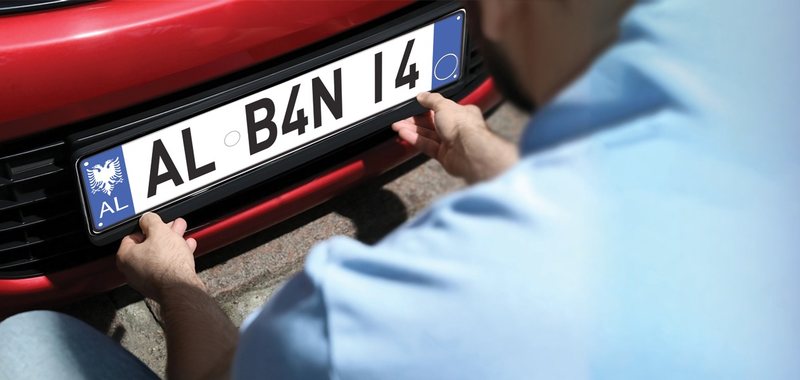
Electronic auction for personalized license plates - DPSHTRR opens the tender for the creation of the platform
The General Directorate of Road Transport Services has announced the opening of the tender for the creation of an interface, a platform for the electronic......

Europe chooses fast trains - High-speed network doubled in the last decade
The EU's high-speed rail network has almost doubled in a decade, according to official figures. Lines carrying trains at 250 km/h and above ran 8,556 km......

Growth plan, how is the EU's 1 billion euros allocated for 3 years? - 5 sectors that benefit. From businesses to strengthening human capital
Albania will benefit from nearly 1 billion euros by 2027 from the European Union as part of the Growth Plan for the Western Balkans, which will go towards......
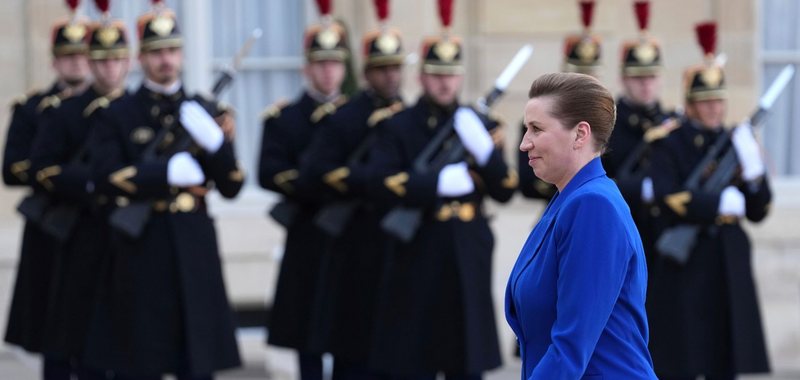
6.7 billion euros over the next two years – Why is Denmark significantly increasing defense spending?!
Denmark will spend an additional 50 billion kroner (6.7 billion euros) on defense over the next two years, amid the continuing threat that Russia poses to......

Albania advances on the path towards the EU - Gonxhja: Group chapters 2 and 3 of the negotiations are opened!
The Minister of Economy, Culture and Innovation, Blendi Gonxhja, announced today through a post on social networks that Albania is advancing on the path......
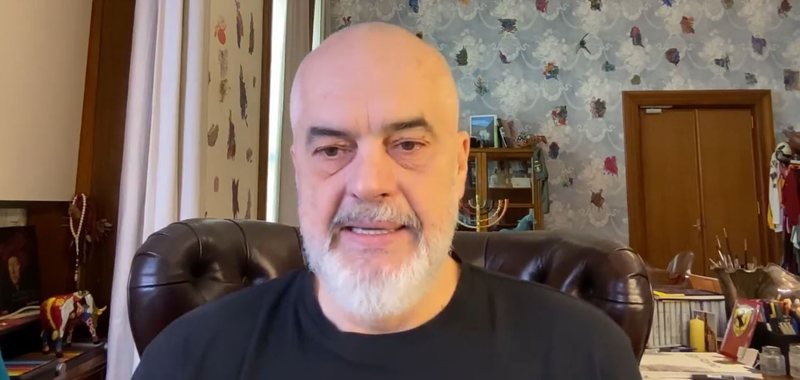
The Murriz Tunnel on Arbri Street – Rama: Ready in March!
Prime Minister Edi Rama, during a conversation with citizens on social networks in the "Sy m'sy" column, declared today that the Murriz tunnel on Arbri......

1000 wheelchairs donated to para-tetraplegics - Samir Mane: I'm sure this is just the first step
In Tirana, at the "Asllan Rusi" Sports Palace, the Mane Foundation and the "Fundjava Ndryshe" Foundation started the initiative to distribute 1,000......






